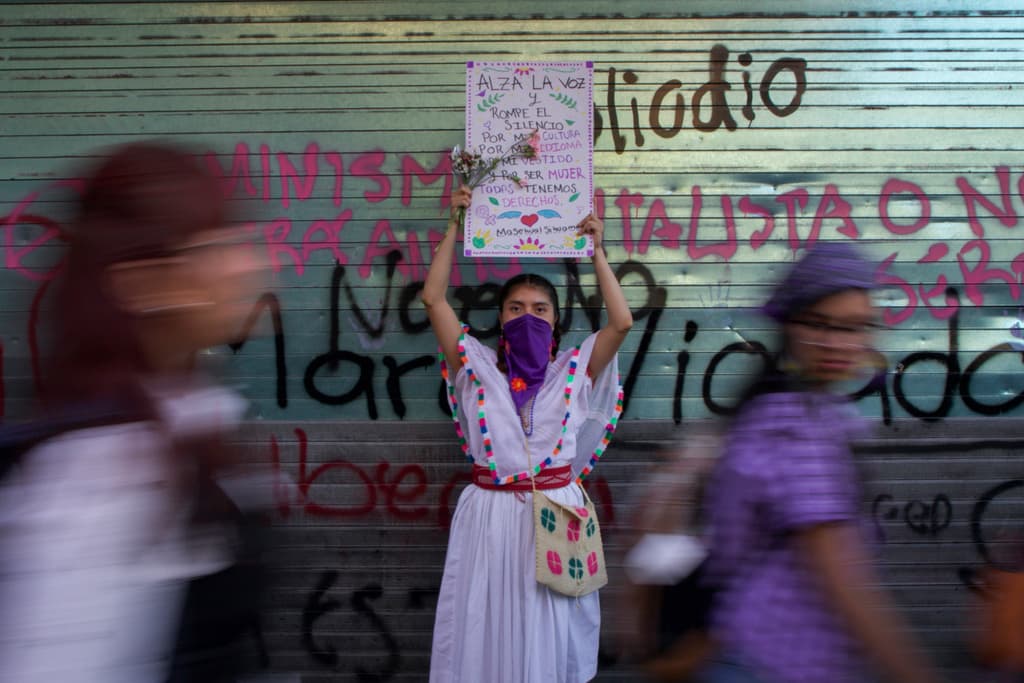Six million people move daily in the chaotic tunnel system that makes up the Mexican capital's subway system. For at least half of them, the journey to and from work or studies is associated with great risks.
Nine out of ten female passengers say they have been subjected to sexual harassment in the subway, according to a report from NPR in the USA. On average, 300 cases are reported annually – a figure believed to be far from accurate, as most passengers do not know how to report harassment.
Among the reported cases are serious crimes such as rapes and kidnappings, according to reports in Mexican media.
Has become normalized
Under hashtags such as "mi primer acoso", roughly "my first harassment", women have in recent years testified about countless assaults in the subway via social media.
"Some idiot masturbated in the subway while touching me all over. No one helped me even though I cried and screamed. I was 16", writes a woman on X.
"I was taking the subway in Mexico City when a man touched my butt the whole ride, with the expression 'it wasn't me'. I was 12", writes another.
A multitude of other women, including author and journalist Alice Driver, have over the years testified about men ejaculating on them in Mexico City's public transportation. Assaults occur so frequently that women have simply learned to live with them and developed their own survival strategies, writes Driver.
Pink buses
The authorities seem to be at a loss for what to do about the problem. Despite gender-segregated subway cars, special pink buses for women, and the distribution of "rape whistles", the harassment has continued. A study found in 2021 that the separation of subway cars had a sparse effect: physical sexual harassment had decreased by 2.9 percent, but verbal attacks had increased significantly.
Experts believe that the root lies in ingrained patriarchal structures and macho culture – combined with the widespread Mexican impunity, which according to official statistics has been over 90 percent in recent years.
The hope now lies with Mexico's first female president, newly elected Claudia Sheinbaum, to take the assaults seriously and make public transportation safe for women. But in the violent Mexico – a country where around ten women are murdered every day, according to the UN – the prospects for improvement are small.
In 2023, 2,580 women were killed in Mexico, according to official statistics. The dark figure is believed to be large, and hundreds – perhaps thousands – of women disappear every year.
Two-thirds of Mexican women over 15 years old say they have experienced some form of emotional, economic, physical, or sexual violence. Violence in close relationships is common, as is the trafficking of girls and women.
Women belonging to indigenous peoples are often subjected to double discrimination.
Despite having a special prosecutor for violence against women, as well as special courts that gather different types of support under one roof, the protection for female victims is inadequate. Few crimes are investigated, and even fewer lead to convictions.
The federal law criminalizes rape, even in the home. Human rights organizations believe, however, that the authorities do not take reports seriously. In some places, the perpetrator can be acquitted if they marry the victim.
Poverty, normalization of violence, and a generally degrading attitude towards women are believed to be the breeding ground for violence against women.
Sources: Amnesty International, Inter-American Development Bank (IDB), OHCHR, Landguiden/UI.






